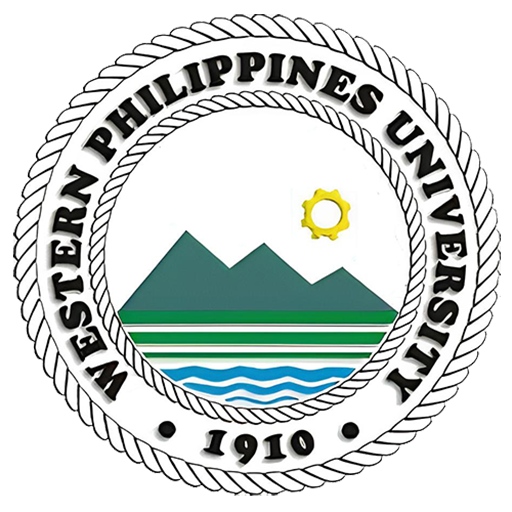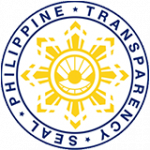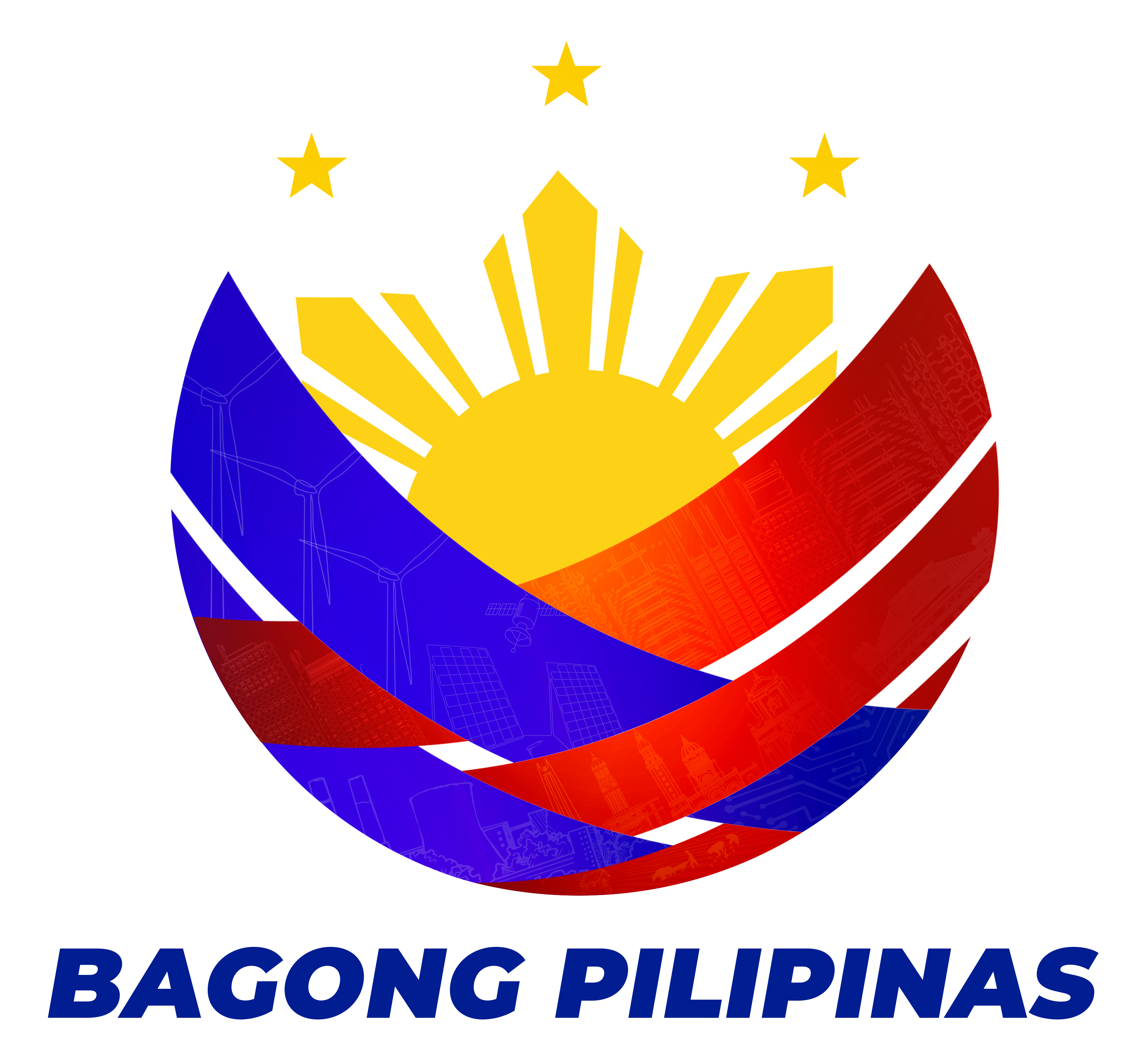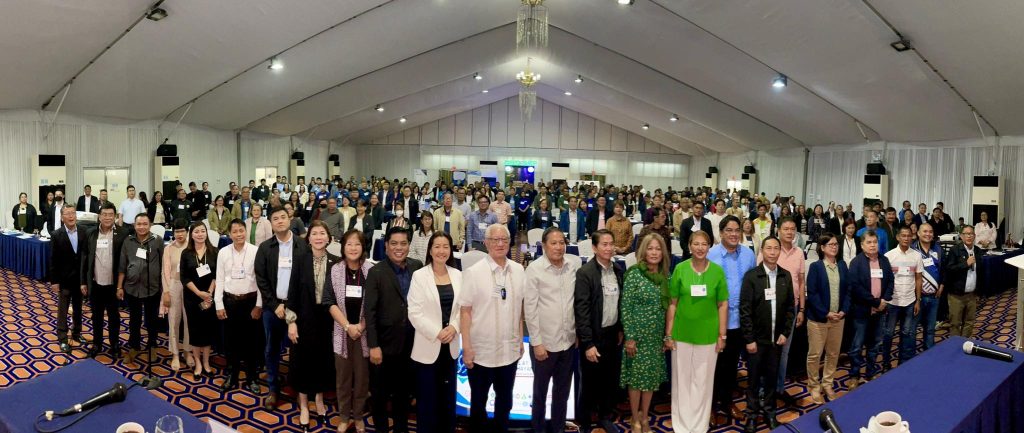
Pasay City — As the West Philippine Sea’s waters face rising challenges, a historic conference convened leaders from various sectors to address urgent environmental and socioeconomic issues confronting this crucial marine area. The Western Philippines University-Institute of Environmental Governance (WPU-IEG) was a key participant in the “Local and National Response: Life and Livelihood, A Multi-Sectoral Summit for the West Philippine Sea” held on August 2-4, 2023. The summit was initiated to lay down a collaborative path toward sustainable development, closely aligning with the UN’s Sustainable Development Goals (SDGs), especially those that address life below the water, sustainable communities, and economic resilience.

The three-day summit held in Pasay City’s Midas Hotel was no conventional assembly as it brought together representatives from prominent national agencies and academic institutions with local leaders, including mayors and governors from ten different municipalities. This diversified group was supported by a strong delegation from Western Philippines University headed by Atty. Joselito C. Alisuag, OIC President. He was joined by Dr. Allaine Baaco, VP for Research, Development, and Extension, Dr. Ma. Mojena G. Plasus, WPU-IEG Coordinator, and Asst. Professor Jonson Javier, each contributing their unique expertise to push forward crucial agendas for the region’s future.
Setting the stage, WPU-IEG held its annual meeting on August 1st where university representatives gave updates on the institute’s progress and future objectives, highlighting its commitment to community empowerment and environmental preservation. The dedication to effectively overseeing the West Philippine Sea, a priceless resource threatened by illegal fishing, habitat destruction, and unstable local economies, is at the core of these programs.
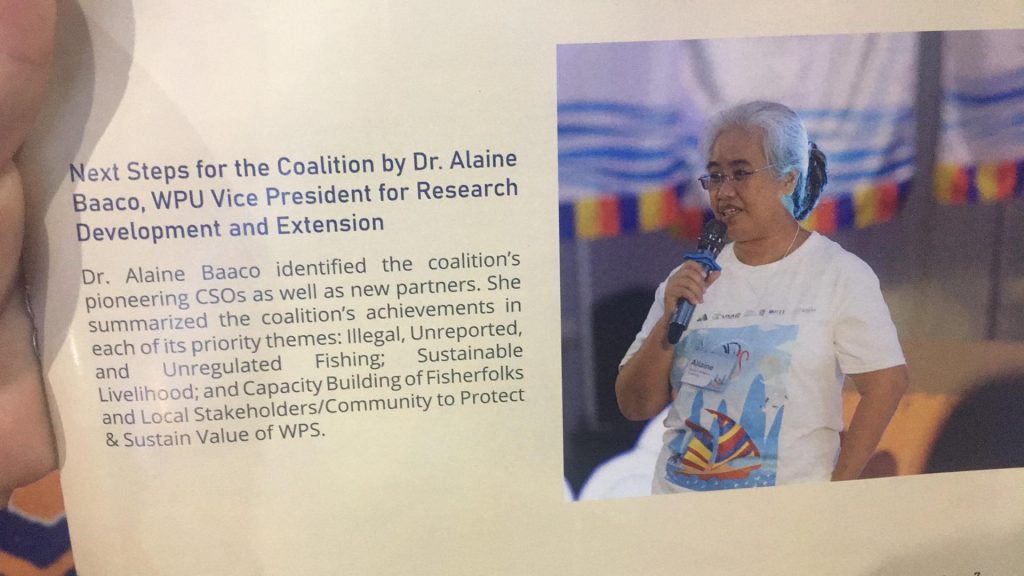
WPU’s VP for RDE, Dr. Baaco, gave an overview of the coalition’s accomplishments on the initial day of the summit. In addition to supporting livelihood projects and training programs that have given local communities the ability to safeguard their waters, she highlighted the coalition’s progress against prohibited, unreported, and unregulated fishing in her talk. She pointed out that these initiatives are critical for the environment as well as for building strong, thriving communities that are capable of appropriately managing and sustaining their natural resources.
The signing of the Memorandum of Agreement (MOA) between WPU and Tanggol Kalikasan, a collaboration aimed at protecting the West Philippine Sea, was one of the summit’s major highlights. By connecting academics and community action to develop solutions that strike a balance between ecological health and economic progress, this MOA reaffirms a five-year commitment to further WPU-IEG’s projects. This collaboration strengthens WPU’s efforts to have a lasting impact on the local community and to bring about changes that resonate beyond its borders.

The National Action Plan for the West Philippine Sea, a comprehensive framework that lays out the future course for conservation, community livelihood, and inclusive economic development, was unveiled on the last day of the convention. This plan, which offers specific ways to address the issues endangering the region’s fragile ecosystems and the people whose lives are intricately linked to these waters, is both ambitious and crucial.
Western Philippines University’s participation in this conference demonstrates its commitment to promoting SDG-aligned objectives. WPU-IEG demonstrates a strong dedication to sustainable development by collaborating with national organizations, local governments, and civil society.
___
[This article is in line with the Sustainable Development Goals 8, 11, 14, 15, 16 & 17]
Photo Credit: WPU-IEG FB Page
